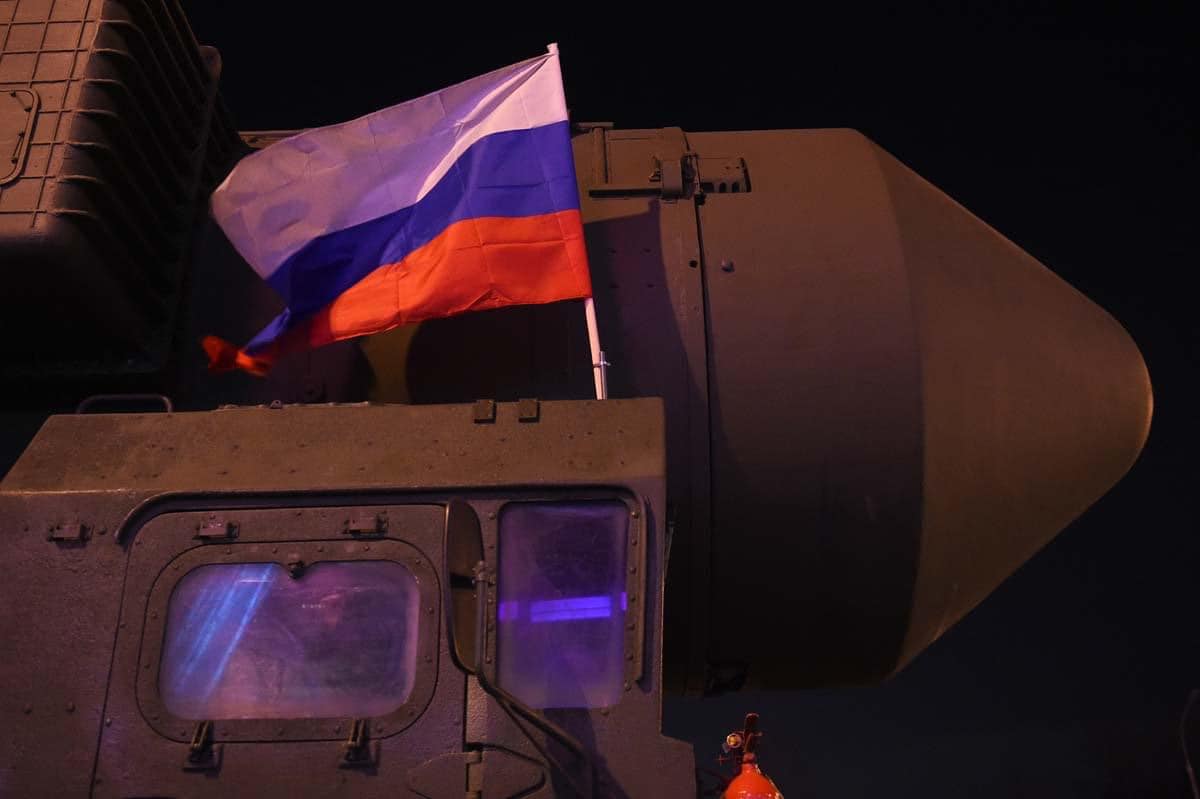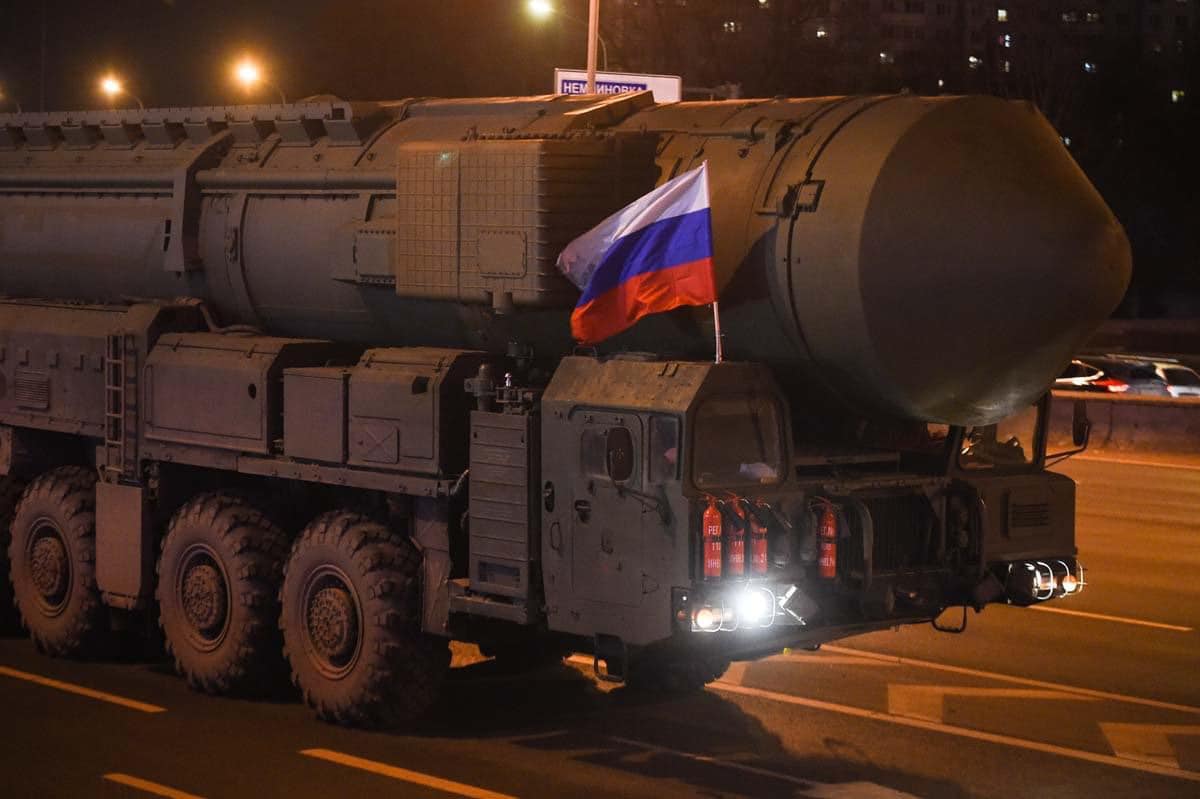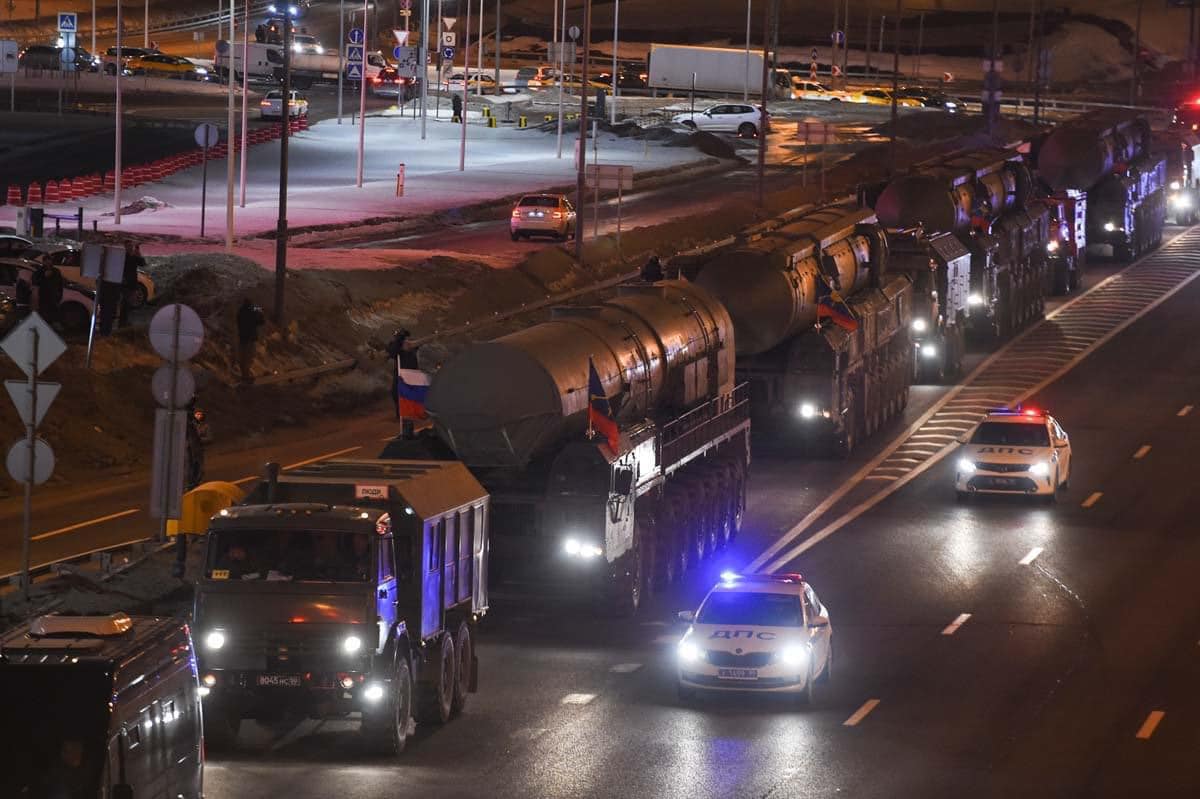INTERNATIONAL: Russian President Vladimir Putin has ordered on Sunday,February 27, his military command to put Russia's deterrence forces , a reference to units which include nuclear arms ,on high alert, citing aggressive statements by NATO leaders and economic sanctions against Moscow.
Russia’s Vladimir Putin signals escalation as he puts Russia’s nuclear force on high alert.
Putin says, not only do Western countries take unfriendly measures against Russia in the economic dimension , mentioning the illegal sanctions that everyone knows about very well ,but also the top officials of leading NATO countries allow themselves to make aggressive statements with regards to his country. That is why he has ordered defence minister and chief of the general staff to put Russian army deterrence forces on high combat alert.
The United States has said Putin was escalating the war with "dangerous rhetoric", amid signs that the biggest assault on a European state since World War Two was not producing rapid victories, but instead generating a far-reaching and concerted Western response.
Less than four days after it started, the invasion has triggered a Western political, strategic, economic and corporate response unprecedented in its extent and coordination.
"With this war on Ukraine, the world will never be the same again," European Union's foreign policy chief Josef Borrell has stated.
Borrel has said, It is now, more than ever, the time for societies and alliances to come together to build the future on trust, justice and freedom. It is the moment to stand up and to speak out.
The 27-nation European Union on Sunday have decided for the first time in its history to supply weapons to a country at war. It would send 450 million euros , $507 million (USD) of weaponry to Ukraine. Borrell at a news conference has said EU's support would include providing fighter jets.
The European Union's chief executive Ursula von der Leyen has expressed support for Ukraine's membership in an interview with Euronews, saying "they are one of us."
Ukraine, a democratic nation of 44 million people, won independence from Moscow in 1991 at the fall of the Soviet Union and has pushed to join the NATO Western military alliance and the EU, goals Russia vehemently opposes.
























